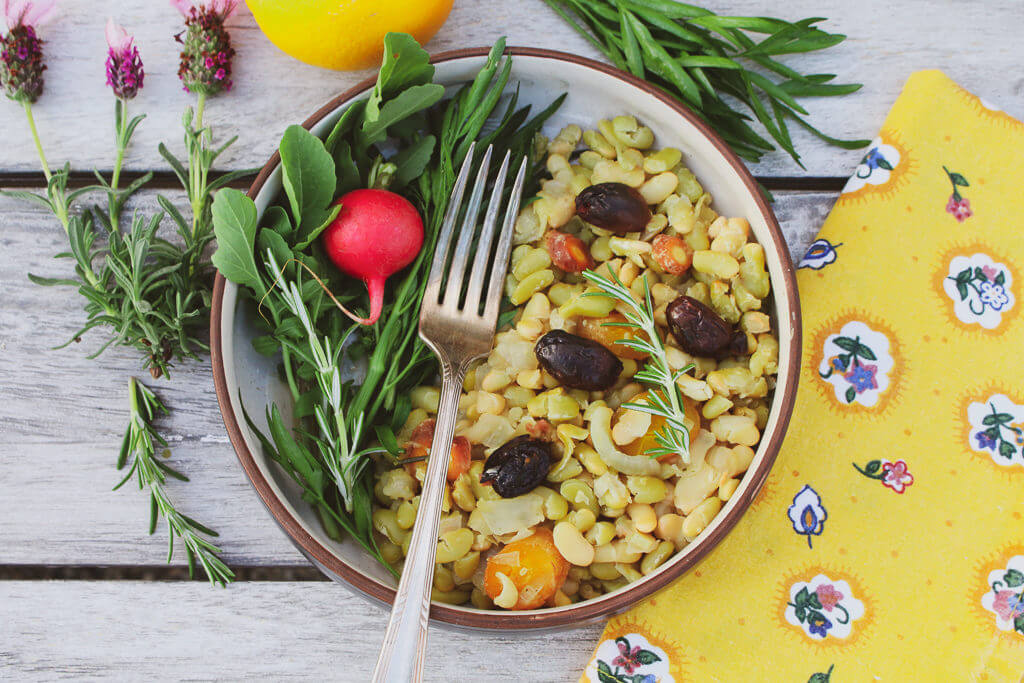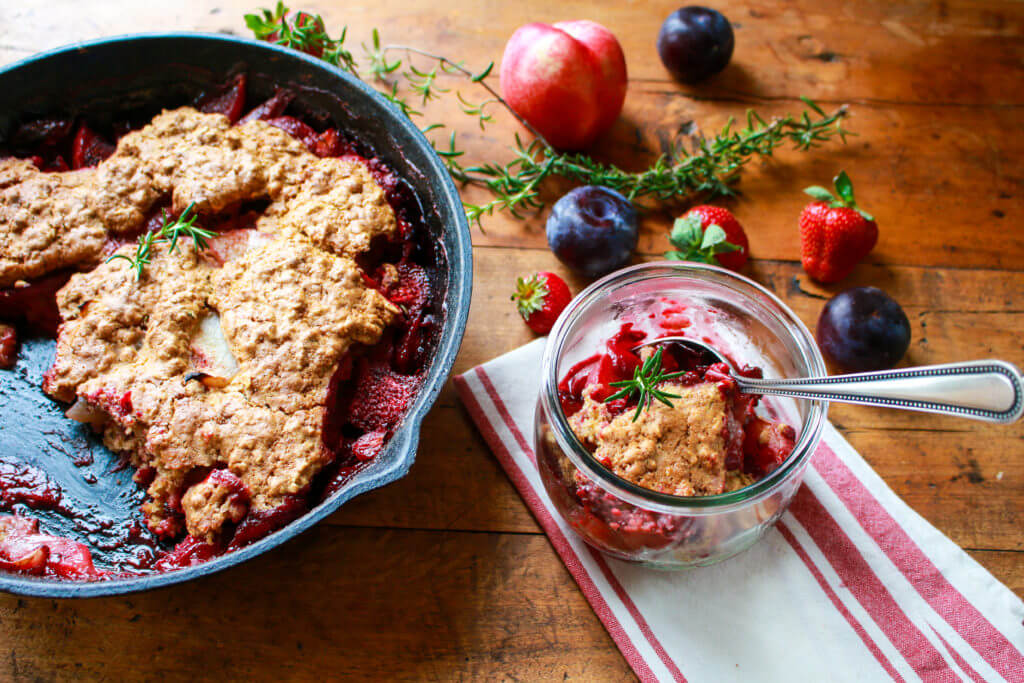How Does a Highly Processed Diet Impact Your Gut?

I’m answering your top questions on how a poor diet—packed with highly processed foods—impacts your gut. After all, research shows that one of the most powerful things you can do for your overall health is to eat a healthy diet—packed with whole plant foods (like those pictured above). In contrast, a diet filled with low-nutrient foods, such as sugary beverages, refined grains, and processed meats, is linked with a higher risk of a plethora of diseases that can shorten your lifespan. One route to health is through your gut. Of course, this is where digestion occurs, but it is also where your microbiome—the team of microorganisms that reside in your gut, duking it out with pathogens to protect you from infections and disease and to boost your immune health—is fighting to keep you healthy. So, get ready to learn more about how a highly processed diet can impact your health—through your gut.
How Does a Highly Processed Diet Impact Your Gut?

Question: How exactly do highly processed foods relate back to poor digestion and poor gut health?
Sharon: So, the hallmarks of a healthy microbiome is: 1) diversity of gut microbes—meaning a larger variety of different types, 2) a profile of “good” microbes that are linked with health, rather than the “bad” microbes that are linked with negative health outcomes, and 3) a higher volume of these microbes in the gut. When you eat a diet filled with healthy, high-fiber foods, like beans, whole grains, and veggies, you feed those bacteria with fiber, which they need to survive. Americas eat so few of these foods, that it’s no wonder that so many of us have poor gut microbiomes. One of the key ways that gut microbiota work to protect health is by fermenting fiber in the gut to create short chain fatty acids, which have been linked to health benefits, such as lower risk of inflammatory diseases, diabetes, and cardiovascular disease. They have also been recognized as mediators in intestinal immune function, and have a role to play in regulating the inflammatory process and destroying pathogens.

Question: You also note that consuming highly processed foods, as opposed to high fiber foods, increases risk of colon cancer. Is this simply because of the lack of fiber or is it something in the processed foods themselves that can spur colon cancer?
Sharon: The Western diet is strongly linked to colon cancer. It is high in red meat, added sugars and refined grains, and low in the foods I mentioned here, such as whole grains, pulses, veggies, fruits, nuts, and seeds. There are many reasons that the diet is linked with increased risk, including that it’s low in fiber and antioxidant compounds, but also that the presence of red and processed meat is probably carcinogenic, per the WHO. Refined carbohydrates rapidly alter blood glucose and insulin levels, which can increase oxidative stress and inflammation. Saturated fat also increases inflammation by way of increased absorptions of endotoxins in the gut into the bloodstream.

Question: How should one approach their relationship to processed food? What’s a doable, actionable way to help people cut back?
Sharon: Try to increase your intake of whole plant foods as much as possible. You don’t have to be a purist, you can have one small treat a day, but make the majority of your diet filled with whole plant foods. Research found that eating a good source of particularly potent healthy whole foods like strawberries and tomatoes at a typical Western diet meal helped undo the bad effects of inflammation at that meal. So, keep that in mind. If you’re going to indulge, make sure that you have a super healthy meal too—don’t pile on further insults on top of an unhealthful meal. So, have a plant-based meal filled with whole plants, and then have your treat with that—instead of having a whole meal that is mired in saturated fat, refined carbs, and no whole plants—and then adding an ice cream sundae to that meal.
Check out other nutrition questions I’m answering at The Plant-Powered Dietitian:
Does Roasting Veggies Ruin Nutrients?
Is “Clean Eating” a Healthy Lifestyle?
How to Prepare Dried Beans to Avoid Antinutrients
About Ask Sharon:
As part of my program “Ask Sharon”, I am answering the top question of the month submitted through my blog, Facebook, Twitter or Instagram to answer here. You can even win a prize! Don’t forget to submit your burning nutrition question via my blog, or other social media.


